Eldorado Vision & Optical Blog
Learn more about optometrist care in our blog!
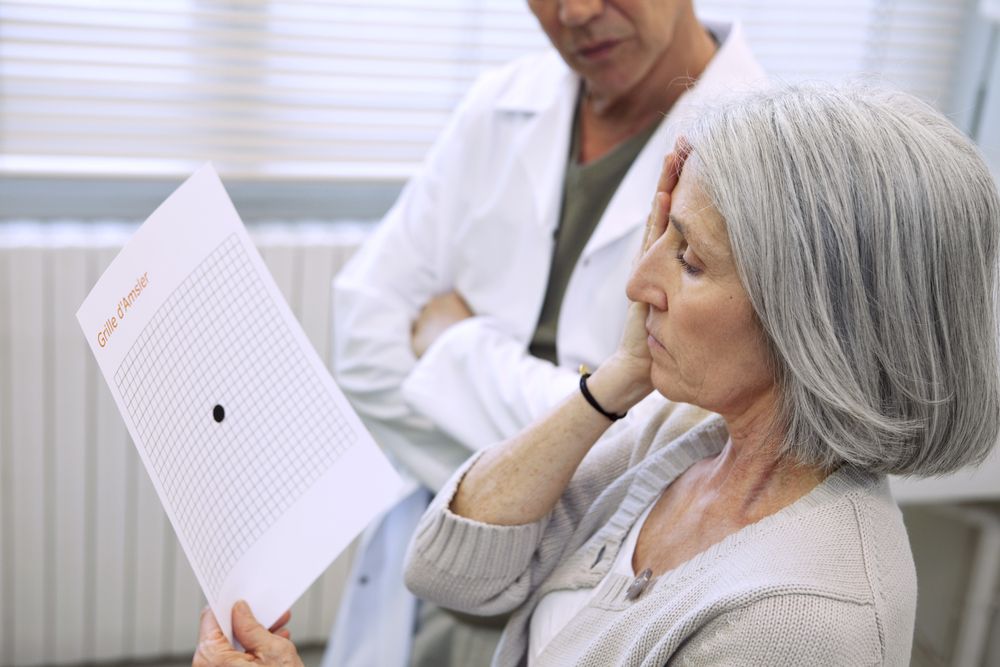
Age-related macular degeneration (AMD) is a condition that has touched the lives of many, potentially impairing the central vision you rely on for reading, driving, and recognizing faces. Understanding AMD is the first step in managing this condition effectively.
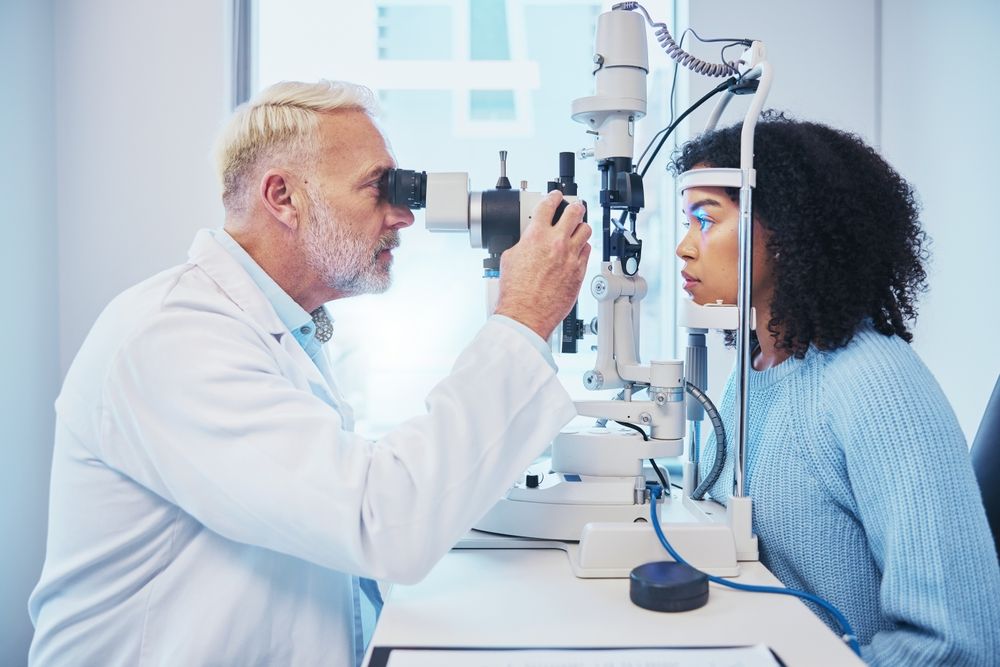
Glaucoma is a prevalent eye disease that can lead to a gradual loss of vision. Despite the seriousness of glaucoma, many people are not aware of the importance of regular eye check-ups and proactive eye care. The lack of knowledge and understanding about glaucoma often leads to late diagnoses, making treatment more challenging and less effective.
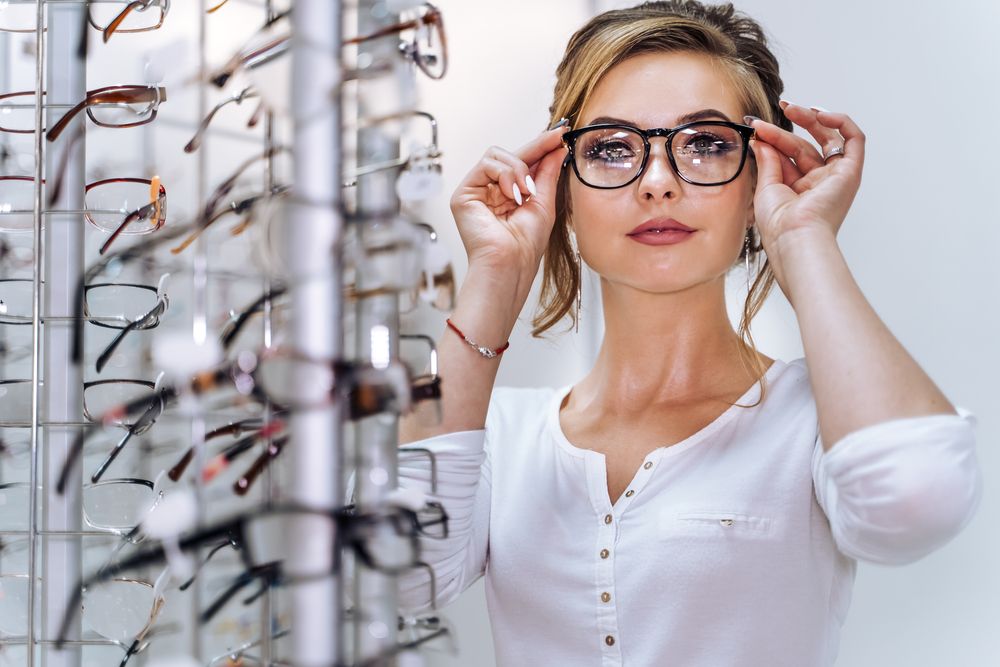
Vision wellness and clarity are paramount when it comes to leading a fulfilling and productive life. As we navigate through our daily tasks, having clear vision not only enhances our performance but also plays a crucial role in our overall health and well-being. Any disruption to our visual system can significantly affect our quality of life. Therefore, it's essential to find effective solutions to these vision problems. Neurolens has revolutionized the field of optometry, offering a new approach to address the root cause of these issues and enhance vision wellness and clarity.
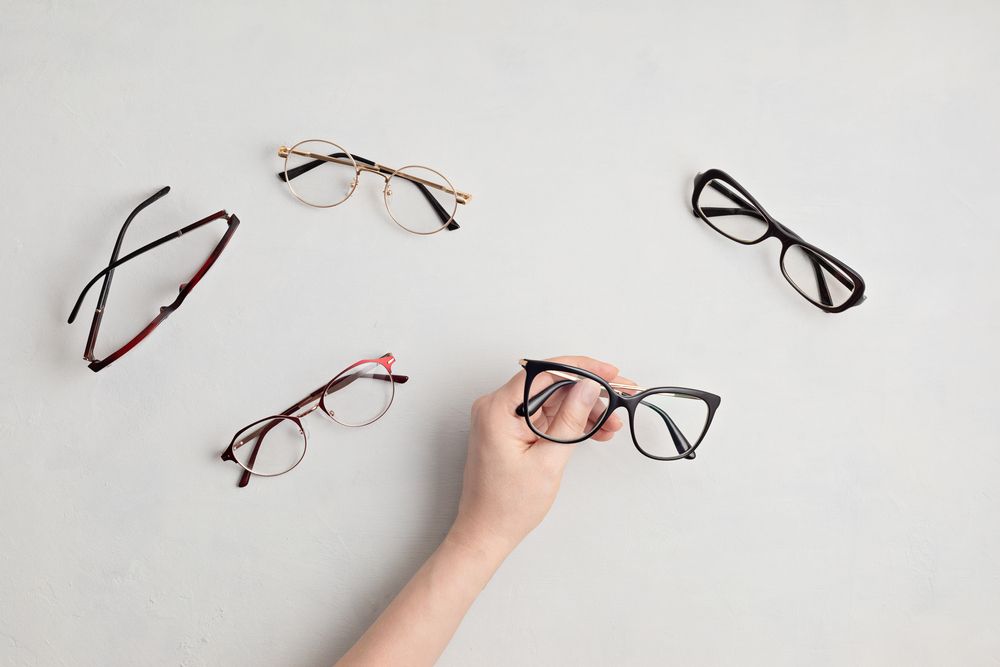
There is something inherently transformative about upgrading your vision. It's not merely about getting a new pair of glasses; it's about enhancing your perspective, improving your clarity, and quite literally, seeing the world in a different light. The world is constantly evolving, and so is the field of vision correction. Each year introduces us to new technologies and products that revolutionize the way we perceive our surroundings. The process of upgrading your vision, therefore, is not just about choosing a new pair of spectacles. It's about making informed decisions that impact your daily life and overall well-being.
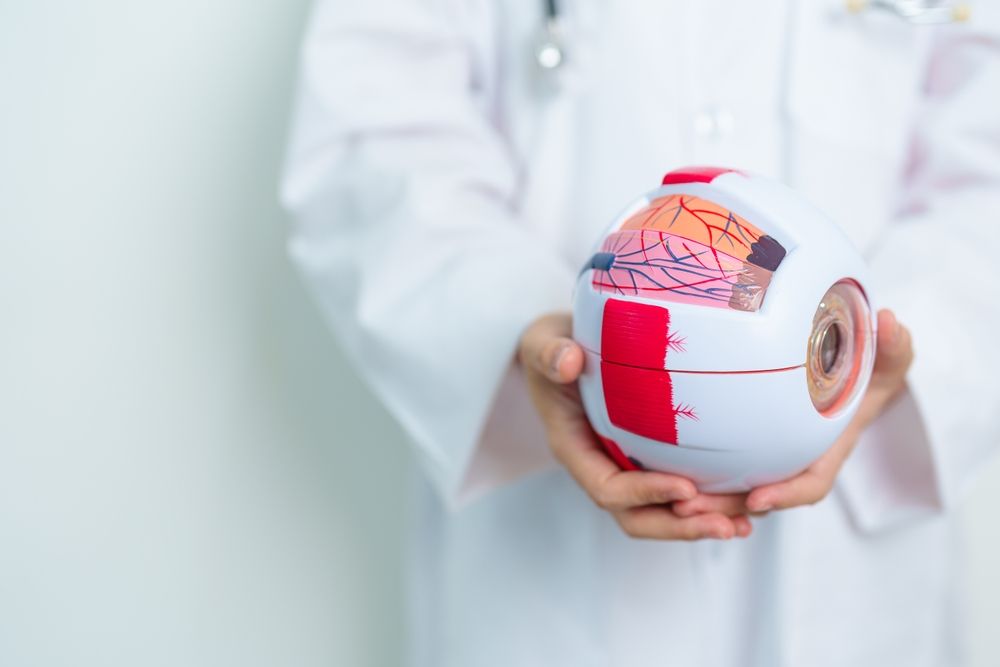
Diabetes affects the body's ability to use and store sugar, leading to high blood sugar levels. Over time, this high blood sugar can damage blood vessels throughout the body, including those in the eyes. This damage can lead to eye conditions. Every diabetic needs to understand the potential risks and ways to maintain good eye health.

As a parent, it is important to ensure that our children have the best opportunities to learn and grow. One of the many aspects that influence their development is their vision. Poor vision can lead to difficulties in school, socializing, and other areas of life.
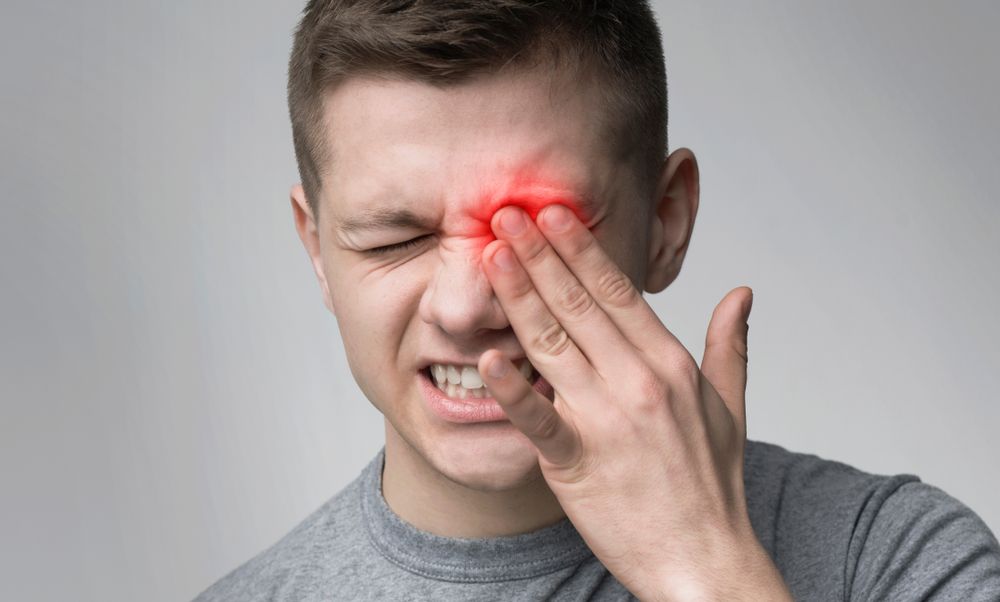
Emergency eye care is a specialized area of optometry that deals with urgent eye problems that require immediate attention. Recognizing the difference between a routine eye issue and an eye emergency can be a matter of saving your vision.

Choosing glasses is a personal journey that requires careful consideration. It's not just about finding the most stylish frames or the ones with the best price tag. It's about finding the pair that compliments your face and enhances your features.

Cataracts are a common age-related eye condition that is characterized by clouding of the lens, which leads to blurry or hazy vision. Here are some signs and symptoms associated with cataracts.






